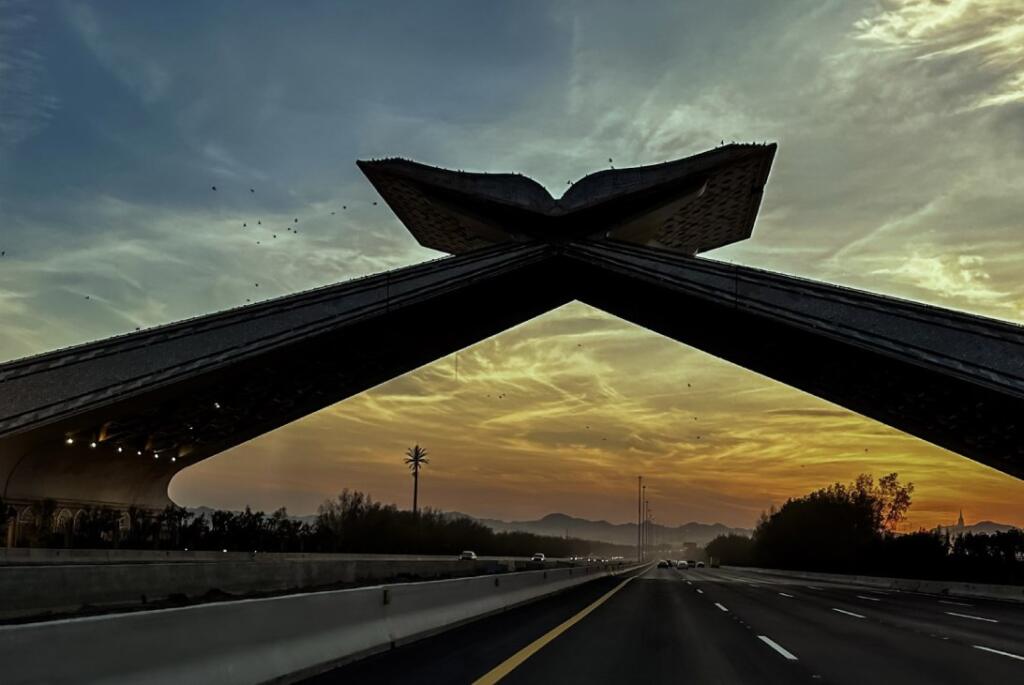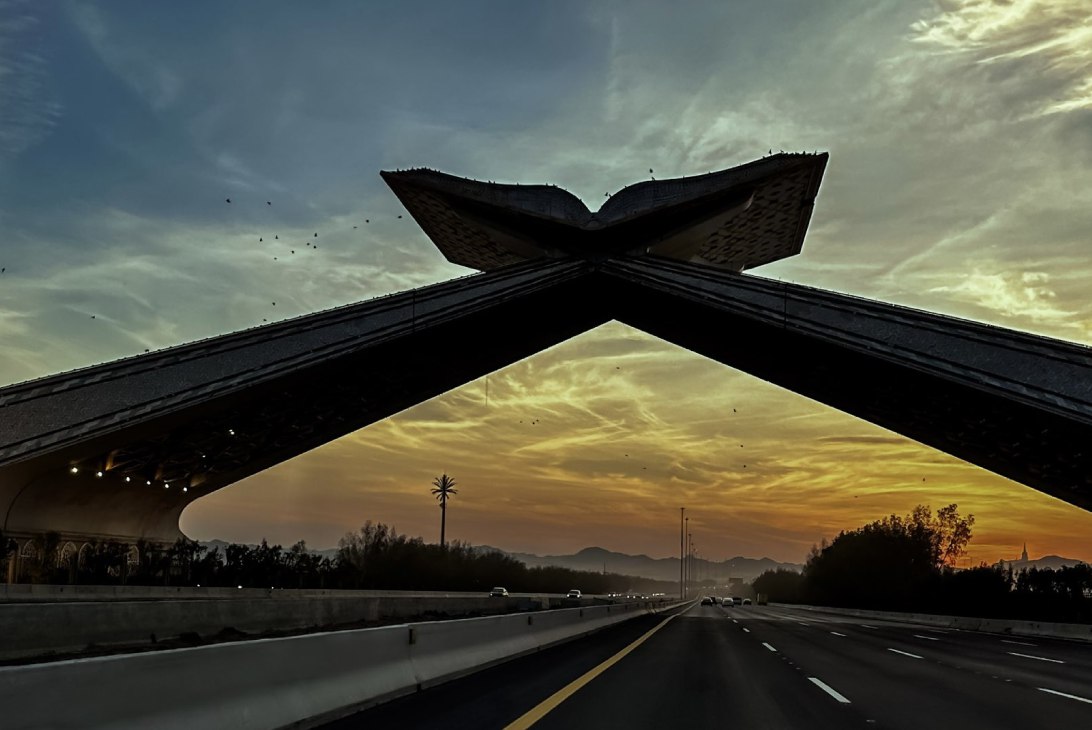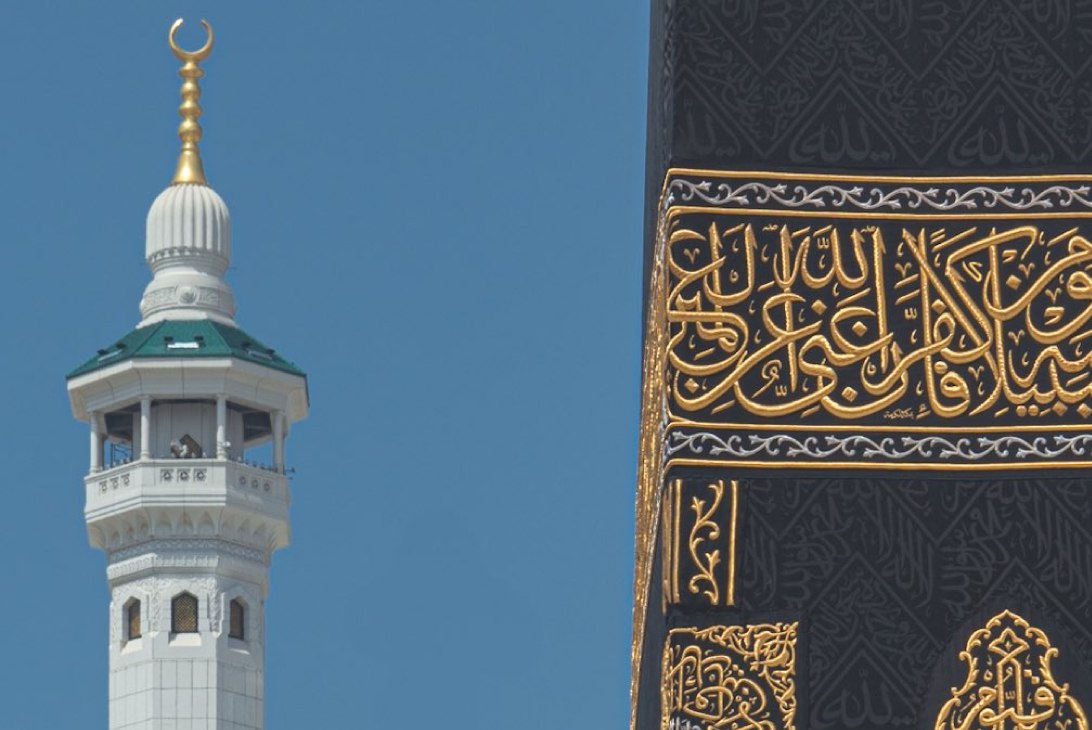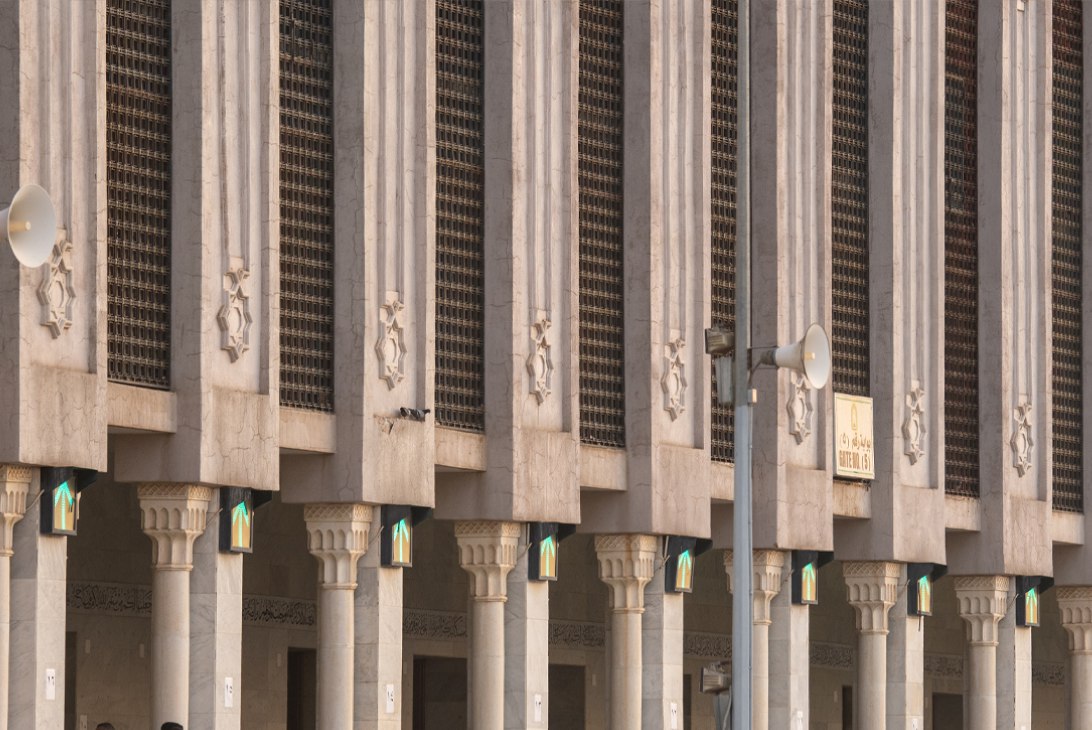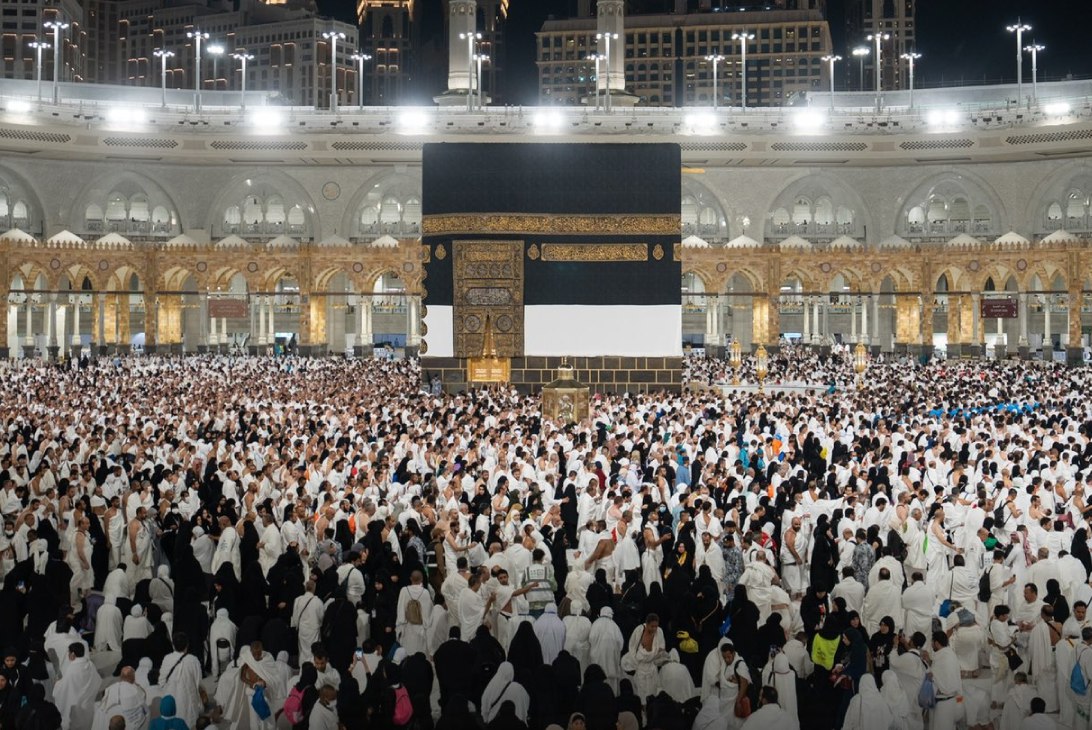Subtotal: £0.00
Miqat
The mīqāt is a geographical boundary marking the entry point for pilgrims before which you must enter the state of iḥrām and make an intention to perform ʿumrah or ḥajj. The mīqāt awakens a new awareness in you, a spiritual consciousness that lets you know you are entering a protected and sacred domain.
There are different mīīqāts for different regions, however the two most common ones are Dhul Ḥulayfah (for those travelling from Madinah to Makkah) and Juḥfah (for those travelling from the West; this is typically 30 minutes before landing at Jeddah).
Shāh Waliyyullah (raḥimahullāh) explains the wisdom behind the various mīqāts: “The essence of setting mīqāts is that since coming to Makkah is an act of humility and self-restraint, it would be overly burdensome to require people to enter iḥrām from their homelands, especially when some live a distance of a month or more away. Therefore, specific and well-known locations around Makkah were appointed, so no one would delay iḥrām beyond them. These locations are known and frequently passed by travellers. For the people of Madinah, the furthest mīqāt was chosen because their city was the cradle of revelation, the refuge of īmān, and the place of migration. It was the first city to believe in Allah and His Messenger, and its people deserve to go above and beyond in honouring Allah’s word and being distinct in acts of worship.”
Act: Thank Allah for the ease He has placed in His dīn.
Entering the State of Ihram
Before entering the state of iḥrām, purify your body. Remember to also purify and clean your heart. Cleanse it from turning to anyone besides Allah. Free your heart from the obvious forms of shirk and the more subtle form: the idea that others have control over your provision or yourself.
Reflect: Who is the first person you turn to when you need help? If it is not Allah, why don’t you turn to Him? Is it because subconsciously you believe others can help you better?
After having cleansed your body of any impurities, wear the two pieces of cloth (for men), perform a two rakʿah prayer, make an intention to perform ‘umrah/ḥajj, and enter into the state of iḥrām.
The Secrets of Entering the State of Ihram
As you enter the state of iḥrām, keep the following in mind:
1. Iḥrām means to disengage. You are disengaging from any distractions and are focusing purely on Allah.
2. Iḥrām is the perfect training ground for upholding the boundaries of Allah. While in the state of iḥrām, certain actions that are normally permissible become prohibited. This trains you to honour Allah’s commands and avoid His prohibitions, not just during ḥajj, but also in your everyday life.
3. Iḥrām is a reminder of death. When wearing the iḥrām, remember the shroud (kafn) that you will be wrapped in when you will die. Neither the iḥrām nor the shroud has stitching, and both signify a stripping away of worldly attachments. Today, you will remove your own clothes to wear the iḥrām, but tomorrow when you die, your clothes will be removed by someone else.
Reflect: How similar is the moment you wear your iḥrām to the day you will die? In both instances, you are washed, and set on a journey to meet your Lord.
4. Allah looks at what lies within. Think of the difference between what you wear when you visit a king in this world versus what you wear when going to the house of the King of all kings. Worldly kings look at physical appearances, however Allah looks at what lies within: your sincerity, intentions and your heart. Allah ﷻ says,
إِنَّ أَكْرَمَكُمْ عِندَ ٱللَّهِ أَتْقَىٰكُمْ إِنَّ ٱللَّهَ عَلِيمٌ خَبِيرٌ
“…Surely the most noble of you in the sight of Allah is the most righteous among you. Allah is truly All-Knowing, All-Aware” (49:13).
5. Iḥrām evokes a sense of humility and submission. You are standing in front of your Lord as you were born: stripped of wealth and clothed only in what covers your modesty. It is a reminder that you own nothing for yourself and are in need of everything from your Creator.
6. Everyone is equal in front of Allah. The iḥrām is an equaliser. In it, you are unable to differentiate a king from a beggar.
Even if we appear equal on the outside, Allah knows the secrets of our hearts. It may be that a poor man living hand-to-mouth is more beloved to Allah than a wealthy man who possesses the riches of the world. And it may be that an unknown pilgrim, dishevelled and dusty, whom people overlook, is the most beloved to Allah. No one has superiority over another, except through their taqwā.
7. Just as the iḥrām (white garment) is pure and clean, remember to also purify your heart. Many people focus on cleaning their garments, but forget to clean the stains on their hearts.
8. Focus on the remembrance of Allah. Anas b. Mālik (raḍiy Allāhu ʿanhu) entered into a state of ḥajj and his companions said, “We did not hear him say anything except the remembrance of Allah until the end of his pilgrimage. Then he said: ‘My nephew, this is how one behaves when in iḥrām.’” Whenever Shurayḥ (rhm) would enter into the state of iḥrām, it was as if he was a mute snake.
9. Iḥrām is like the takbīr at the start of ṣalāh. It shows your sincerity, respect, and clear intention. By leaving behind comfort and luxury, you humble yourself before Allah and show you’re ready to face discomfort. Similarly, you don’t leave iḥrām suddenly; you end it with a clear action (shaving/trimming hair) just like ṣalāh ends with taslīm. This keeps your heart connected and makes you more mindful of your state throughout your īhrām.

 Taste the Sweetness of Salah
Taste the Sweetness of Salah 